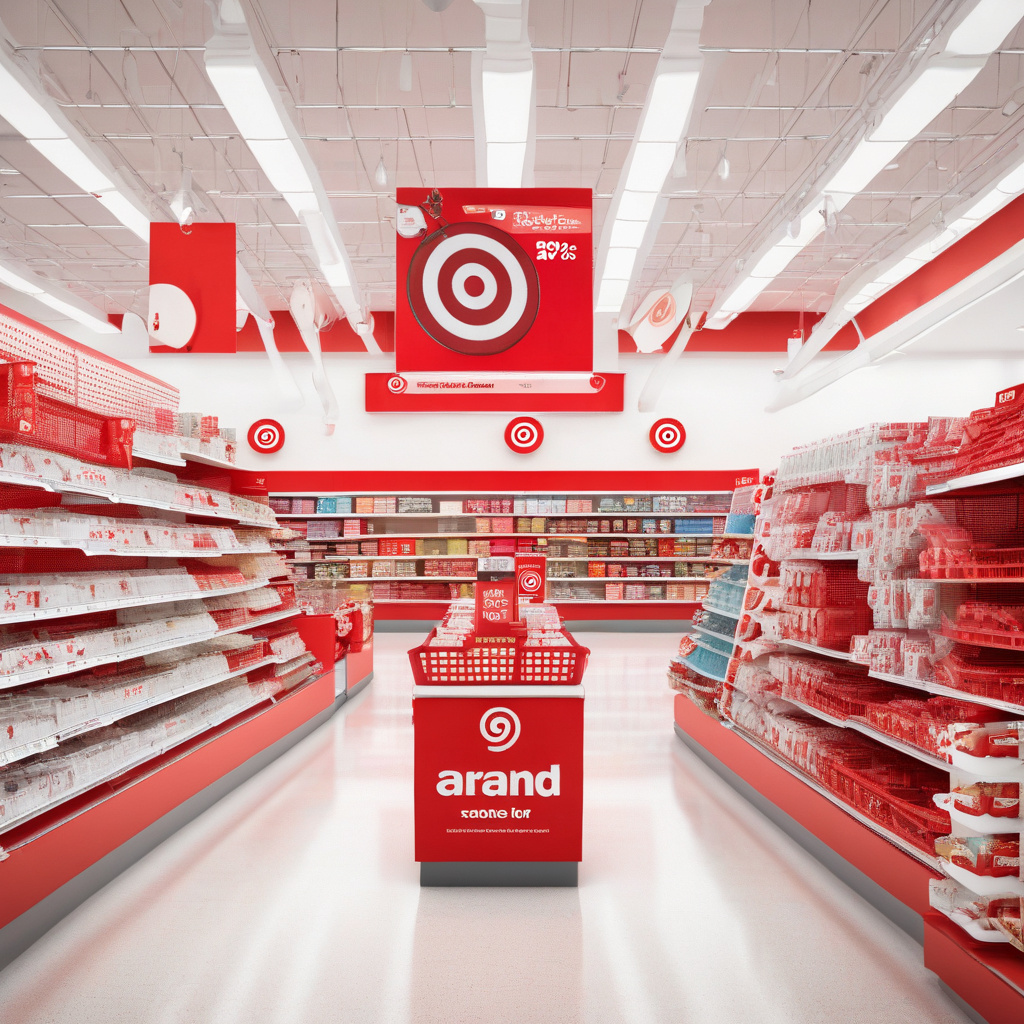Target to Stop Price Matching Retailers: What This Means for Consumers and the Retail Landscape
In a significant shift in its pricing strategy, Target has announced that it will no longer engage in price matching for identical items sold at competing retailers, including giants like Walmart and Amazon. This decision marks a pivotal moment for the company and its customers, raising questions about the implications for consumer behavior and the broader retail landscape.
Price matching has long been viewed as a competitive strategy designed to attract price-sensitive consumers. By assuring customers that they can purchase items at Target for the same price they would find at other stores, the retailer has been able to maintain a loyal customer base. However, the changing dynamics of the retail environment, exacerbated by the rise of e-commerce, have prompted Target to reevaluate this approach.
The move away from price matching is grounded in the realities of modern retail. With online platforms like Amazon often offering lower prices due to their vast distribution networks and economies of scale, it has become increasingly challenging for traditional retailers to compete on price alone. Target’s decision may stem from a desire to focus on its unique selling propositions, such as customer experience and exclusive product lines, rather than engage in a race to the bottom on pricing.
This shift could have several implications for Target’s customers. For one, consumers may find themselves reassessing their shopping habits. Previously, the assurance of price matching would have encouraged shoppers to visit Target instead of competitors. Without this incentive, customers might lean towards online options that promise lower prices, particularly for bulk purchases or everyday essentials.
Moreover, the decision could push consumers to become more price-aware, leading to increased price comparisons before making purchases. While this may initially seem like a disadvantage for Target, it could also prompt the company to enhance its product offerings, improve store experiences, and invest in customer service to retain its market position.
Target’s strategy is not without precedent. Several major retailers have opted to discontinue price matching in recent years, citing similar concerns over profitability and market competition. For example, Best Buy made a similar move in 2020, focusing instead on differentiating its services and product selection. This trend suggests a broader industry shift toward providing value in ways other than just pricing.
Additionally, the discontinuation of price matching could lead to an increased focus on Target’s private label lines, which have already gained popularity among shoppers. By promoting exclusive brands and unique product offerings, Target may attract consumers looking for quality and differentiation rather than the lowest price. This strategy aligns with the growing consumer preference for personalized shopping experiences over mere price competition.
While some may view this decision as a risk, it can also be seen as an opportunity for Target to redefine its brand identity. By stepping away from price matching, Target is sending a message that it values quality and customer loyalty over short-term pricing strategies. This could resonate well with customers who appreciate the brand’s commitment to quality and service.
On the other hand, the move could invite skepticism from some consumers. Shoppers accustomed to price matching might perceive this decision as a reduction in value, potentially leading to a decline in foot traffic and sales. Retail analysts will be closely monitoring the retailer’s performance in the coming months to gauge the impact of this strategy on consumer sentiment and overall sales.
In conclusion, Target’s decision to stop price matching is indicative of a broader trend in the retail industry, where companies are rethinking traditional pricing strategies in favor of enhancing customer experience and brand loyalty. While this shift may challenge consumer habits, it also opens up avenues for Target to strengthen its unique value proposition. As the retail landscape continues to evolve, it will be crucial for Target to adapt and innovate to meet the changing needs of its customers.
#Target #Retail #PricingStrategy #ConsumerBehavior #Ecommerce
